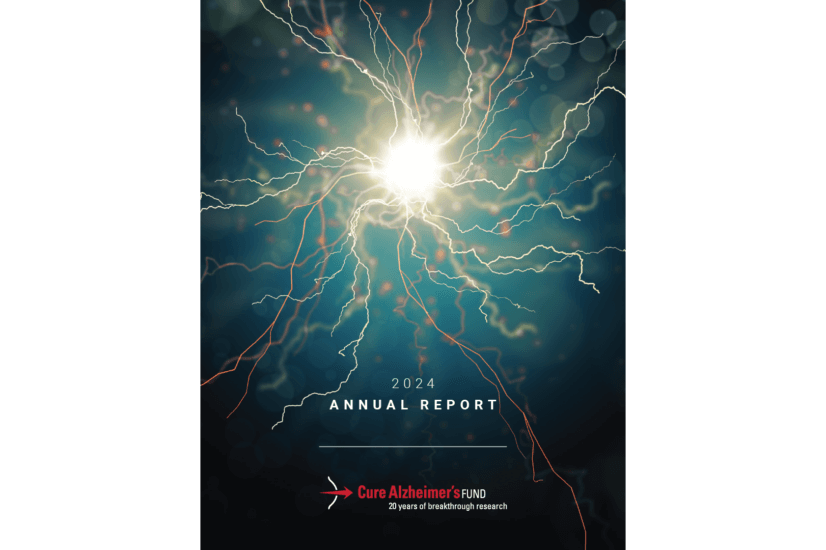A new study published in November’s Archives of General Psychiatry titled, “Vascular Factors and Markers of Inflammation in Offspring With a Parental History of Late-Onset Alzheimer Disease,” suggests that Alzheimer’s is partly driven by two preventable risk factors: inflammation and high blood pressure.
Danish researchers studied 206 volunteers whose parents had developed dementia late in life and found that the volunteers were more likely to have high blood pressure and a high level of inflammatory proteins (or cytokines) than those whose parents did not have Alzheimer’s.
While these researchers note that 60 percent of an individual’s Alzheimer’s risk appears to be driven by genes, the individual’s lifestyle factors may play a more significant role than once thought. Therefore, the study claims that early interventions could prevent late-onset Alzheimer’s such as screenings for hypertension, inflammation and clogged arteries.
To learn more, check out a paper by Basavaraj V Hoolie and Rudy Tanzi of Massachusetts General Hospital, supported by Cure Alzheimer’s Fund. Titled “A Current View on Alzheimer’s Disease.” Tim Armour, President of Cure Alzheimer’s Fund explains:
Inflammation has long been associated with Alzheimer’s disease, and to the extent that individuals with a family history of the disease are prone to hypertension and other aspects of inflammation, appropriate prophylactic measures may be appropriate.
For more information on research sponsored by Cure Alzheimer’s Fund, visit us at www.curealzfund.org/research.







